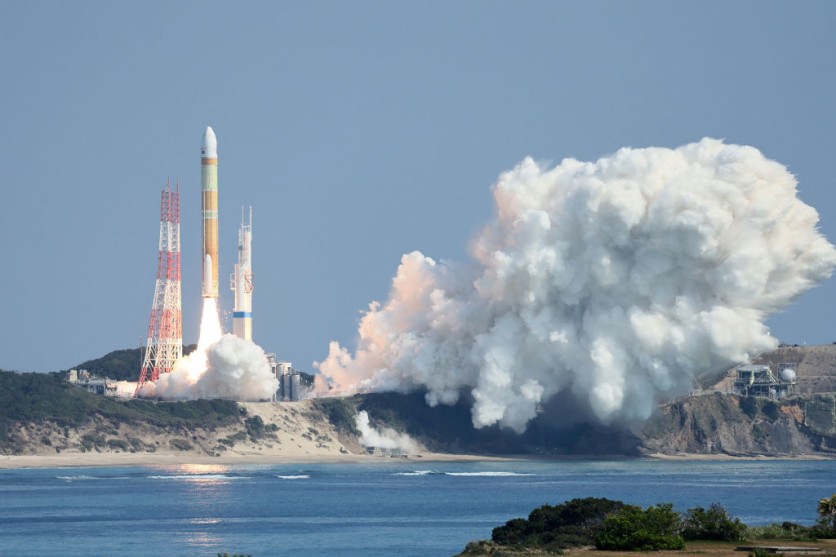
Japan's renowned space agency, JAXA (Japan Aerospace Exploration Agency), has officially set its sights on developing a next-generation reusable rocket, Interesting Engineering reports.
Inspired by the resounding success of SpaceX's reusable rocket technology, Japan is embarking on a groundbreaking mission to revolutionize its space transportation capabilities.
Japan's Next Generation of Lunar Exploration
This ambitious endeavor, authorized by Japan's recent update to its "basic plan on space policy," aims to reduce launch costs and propel Japan into a new era of lunar exploration and potentially even human spaceflight.
The Japanese space agency's decision to venture into reusable rockets follows in the footsteps of Elon Musk's SpaceX, a company that has demonstrated the immense potential and cost-saving benefits of reusable launch vehicles.
According to reports, refurbishing and relaunching a rocket is far cheaper than building a new one - it can be up to 65% cheaper, with a 30x reduced cost overrun. A 2021 Quartz report suggests that the company was able to save more than $500 million with a single rocket launch.
As SpaceX continues to dominate headlines with its remarkable achievements, such as the Falcon 9 and Falcon Heavy rockets development, Japan has recognized the critical importance of embracing this technology to remain competitive.
Japan Pushes Reusable Rockets
SpaceNews reports that JAXA has already begun laying the groundwork for its reusable rocket project in collaboration with Mitsubishi Heavy Industries (MHI).
This partnership brings together the expertise of JAXA, which has a rich history in space exploration, and MHI, a key player in rocket development known for crafting the H-2A and H3 rockets.
While the project's final design remains in flux, one key feature of the forthcoming rocket is utilizing a recoverable and reusable first-stage booster.
This critical component has the potential to drastically reduce launch costs, making space more accessible and economically viable for future missions.
A pivotal decision looming for JAXA's engineers is the choice of rocket fuel. The agency is considering both liquid methane and liquid hydrogen as propellants.
Japan's Vision
One of the most exciting aspects of this venture is Japan's aim to boost payload capacity while simultaneously slashing launch costs.
The target is to reduce the cost per kilogram for low Earth orbit (LEO) missions by roughly 50% compared to the H3 rocket, a bold move that could usher in a new era of affordable space access.
Moreover, the versatile rocket is envisioned to have the capability to deliver cargo vehicles to lunar orbit and even facilitate landings on the moon's surface.
The timeline for this ambitious project is set for the 2030s, signifying Japan's long-term vision and dedication to its space program.
In a statement to SpaceNews, the JAXA Public Affairs department expressed, "The targeting payload capability is not fixed because JAXA and MHI are currently conducting a detailed study of the new rocket."
Stay posted here at Tech Times.
Related Article : Get Ready for the Moon! NASA Starts Critical Testing for Upcoming Artemis Missions

ⓒ 2025 TECHTIMES.com All rights reserved. Do not reproduce without permission.




